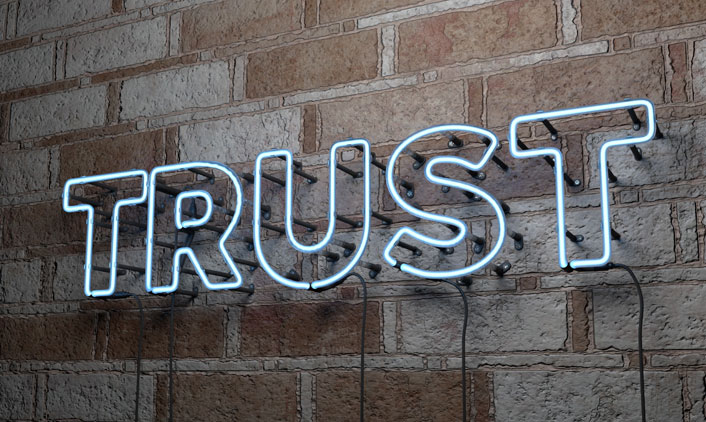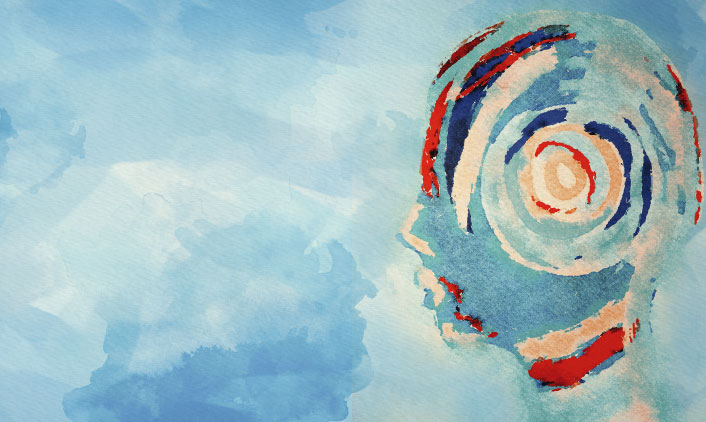Every experience offers the opportunity to learn something new, or be reminded of something you’ve learnt previously. At a recent product demo session held by Meetup group, Product Hunt Sydney, Yell was reminded about the importance – especially for start-ups – of doing your research, and being very, very well prepared. Prepared for presentations and, more importantly, being prepared for critics.
Three Sydney start-ups were invited along to Pivotal Labs to demo their new products, receive feedback and answer questions from the panel, and – crucially – answer questions from the audience.
One of the demos captured our attention immediately, not only because of their innovative product but also the fact they were the perfect example of best practice for product design and presentation – they were the embodiment of preparation.
The Unlosable Glasses
Tzukuri’s Sam Turner, Will Cannings, Mark Irwin, and Seb Adams, creators of the “unlosable glasses”, introduced us to the “unlosable glasses”. Since a (naughty) journalist broke the embargo on a press release, Tzukuri has been featured in publications around the world – including Time, and Forbes magazines. This ultimately led to 50,000 pre-orders being received in three-days!
The glasses are connected to the owner’s smartphone via a Bluetooth chip embedded in the arm or temple of the glasses, and an app that uses Bluetooth distancing to monitor movement away from the glasses. When a user is recognised as being 15 metres away from their glasses they receive an alert on their smartphone letting them know they’ve left their glasses behind. The app then shows them on a map where the glasses are and help the wearer be reunited with their specs.
Test, Improve, Implement, and Test again
The innovation doesn’t end there however. Tzukuri outlined the issues they’d identified and resolved in user testing. Testers reported being alerted about leaving their glasses behind when walking from one room in their house to another – going from the lounge room to the loo in an ad break. To combat this, Tzukuri implemented a “quiet zone” – a radius from a point on the map where users could turn off notifications.
It comes as no surprise that the main place owners report losing or misplacing their glasses is … in their own house. So Tzukuri enabled the collection of diagnostics while users move about the quiet zone radius, using this data, they are able to create a magnetic footprint – or layout – of the users’ house. If a user misplaces their glasses at home (we’ve all been there!) they can activate the “find glasses” function on the app and it helps them identify where in their house the glasses are located.
Not just smart, beautiful too
The glasses themselves are beautifully designed – with every pair taking 37 stages, 10 hand-finishing steps, and 10 working days to create, all completed in their working space – a garage in Kensington. The rechargeable battery uses silver oxide which not only has a higher energy density than lithium iron, it’s also eco-friendly and much more stable with a 30-day battery life.

Talking about the challenges of working in a small (often noisy) space, Tzukuri referenced a safety warning on their laser engraving machine reminding them: Don’t forget to focus. Focus not only at the task at hand, but focus on what it is they are designing, for whom, and doing it well. Without focus, especially in the start-up phase, you can find yourself trying to design something (a product, a business) that is all things to all people – rather than a clearly defined, and well researched, target market with a need that you can meet, and meet well.
Facing the panel
Suffice to say Yell thought it was an amazing idea and product – clearly Tzukuri has not only done their research, but their testing and finessing too. They faced some tough questions from the panel members – Petra Gross and Dan Draper from Expert 360, and experienced UX designer Jenny Ho – who asked about the design process, security, testing, functionality, and the future of the product. When the microphone was handed to the audience, however, this is when Yell was reminded of the value and, indeed, the need for preparation.
Be prepared for everything
The audience questions were ruthless, questioning every aspect of the product and Tzukuri’s approach. The questions weren’t new to Tzukuri, and they had a well thought out, clear, and concise answer to all of them. Why they wouldn’t just license the technology to existing manufacturers? There’s one manufacturer of 90% of glasses in Australia … and they want people to lose their glasses so they buy new ones.
Why did they think consumers would buy Tzukuri’s glasses over more iconic brands, such as Ray Bans or Oakley? The glasses themselves are very fashionable and stylish, described by Tzukuri as a fashion product with a tech feature. Those loyal to their favourite brands would always remain loyal, but there’s a huge target market for unlosable, good-looking glasses.
Had they thought about what would happen if a person lost both their glasses and their phone at the same time? Yes, they had … but beyond using “Find my Phone” via another device to first locate your phone, and then using your phone to detect the last known location of the glasses, there was no real solution without compromising security.
What if the person who had lost their glasses couldn’t actually see their phone well enough without their glasses? Fortunately the text of the app is very large and clear, although they had thought about using the device’s vibrations to help a user identify if they were getting closer or further away from their glasses when looking for them.
There was heavy questioning they hadn’t thought of using the same technology on other commonly lost items. This technology already exists and is very inexpensive to buy a disc to put on your keys, wallet etc.
Finally, there was also some insistent – and concerning – questioning about whether you could secretly track another person if you bought the glasses for them, but Tzukuri had fortunately thought about this and had implemented security measures to prevent more than one device being paired with a pair of glasses.
The Golden Rule
Watching Tzukuri’s calm under fire in the form of heavy questioning served as a huge reminder of the importance of research and preparation, whether it’s designing a new product or a new business. Explore all avenues and rule them out one by one. Define what you want to be, what you want to offer, who you’ll offer it to – and why. Doing your research prepares you for questions – from critics and competitors alike – and arms you with confidence and belief in your product, your business, and yourself. And, of course, don’t forget to focus.








